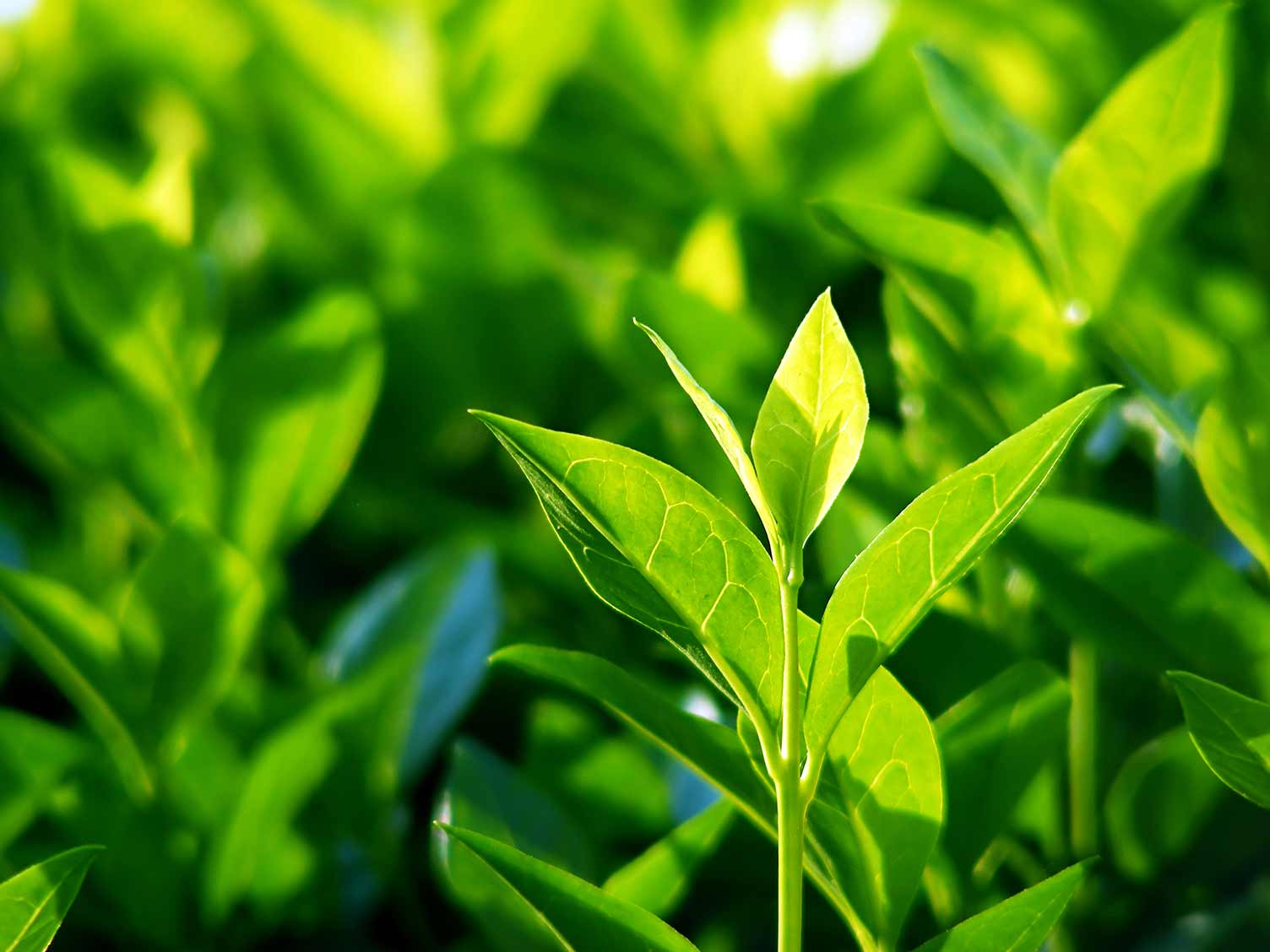England’s first wild BEAVER chooses England’s first tea gardens!
This beaver has been spotted in the tea gardens in what is today being hailed as a national first! The mysterious sighting of an adult beaver astonished staff at Tregothnan, Europe’s largest tea garden located in the south of Cornwall. An immediate search in the tea gardens was launched but the creature is almost impossible to find amongst thousands of tea bushes. Tea keepers suspect the beaver will target mature tea bushes as potential dam building material. However, nowhere else in the world that grows tea is thought to be home to beavers and it is not known if the beaver has targeted tea in particular or was taking advantage of the relatively warm waters that circulate through the tea gardens. A tea keeper said ‘It is remarkable that England’s first wild beaver since the 16th century has chosen to set up home not only in the deepest inland sea river in the country but also the only productive tea garden’! Tea picking has already started in this microclimate.
The beaver is unlikely to be a pest in the tea gardens as only some of the tea gardens have streams running through them, most of the tea at Tregothnan is too high for a beaver to make in to a dam. James Broughton helps look after the environment in this part of the river and is cool about the chances of a dam being built in such a high profile location. ‘Even the most ambitious beaver would struggle to block this 18 metre deep river with the enormous tidal flow’. Although Tregothnan have created a highly protected site of special scientific interest and managed the woodlands here for almost 700 years, beavers have only been missing for 400 years! James was quick to capture these remarkable photos of what is believed to be the first beaver in the wild in England. Video tour
The nearest beaver enclosure is over 10 miles away and it is a mystery as to how the creature arrived here. There is speculation that a small colony of the Eurasion beavers (Castor fiber) may have crossed the English channel from Brittany. However, Head Gardener at Tregothnan, Neil Bennett, was less convinced and is concerned that tea and many other rare plants with the perfect stem diameter of a few inches are at high risk. Although the RSPB welcome the reintroduction of beavers to the UK, we don’t yet know what the beavers impact will be on many endangered species that we conserve. Some of these trees are extinct in the wild or part of a national collection and must not become a beaver snack! The Tregothnan website describes the location as ‘between the tea and the sea’ and is close to popular guest cottages. Lucy Simpson manages hospitality for Tregothnan and is braced for an influx of beaver spotters as soon as lockdown eases. Visit
The 20kg beaver makes its way between tea gardens at Tregothnan
As well as beavers, cross channel ferries sometimes shelter in the Tregothnan deep sea creek almost 6 miles inland. Here the conditions for tea are uniquely perfect in Europe. Nowhere else in the UK or Europe has exactly these conditions, famously hailed as the new Darjeeling. Tregothnan has today informed the harbour master of the beaver in the unlikely event that tea bushes are gnawed from the banks to create a potential shipping hazard. Order tea today
Another tree that gardeners will be protecting from beavers is this Magnolia campbelli. It is one of the six trees in Cornwall that each must have 50 blooms open in order for spring to be declared in England. It is expected that the sunshine today will encourage more blooms to open.
Beaver Alert
Although beavers are herbivores, they will defend their territory aggressively. If you encounter a beaver on your pre booked garden visit at Tregothnan your guide will advise you to keep a safe distance and not to touch the animals. Book a private garden visit
The Tregothnan beekeeper took the day off yesterday and came in this morning to great beaver excitement! Martin runs hugely popular bee keeping courses and likened the beaver to a platypus in his native Australia. Martin is typically relaxed about the impact of beavers on bees and explained that bees ‘know how to defend themselves very well’! However, the only manuka crops for bees outside of New Zealand could be at risk. It is thought beavers have never encountered manuka anywhere before and could devour the delicious trees, below, due for harvest in June.
Beavering away at home?




